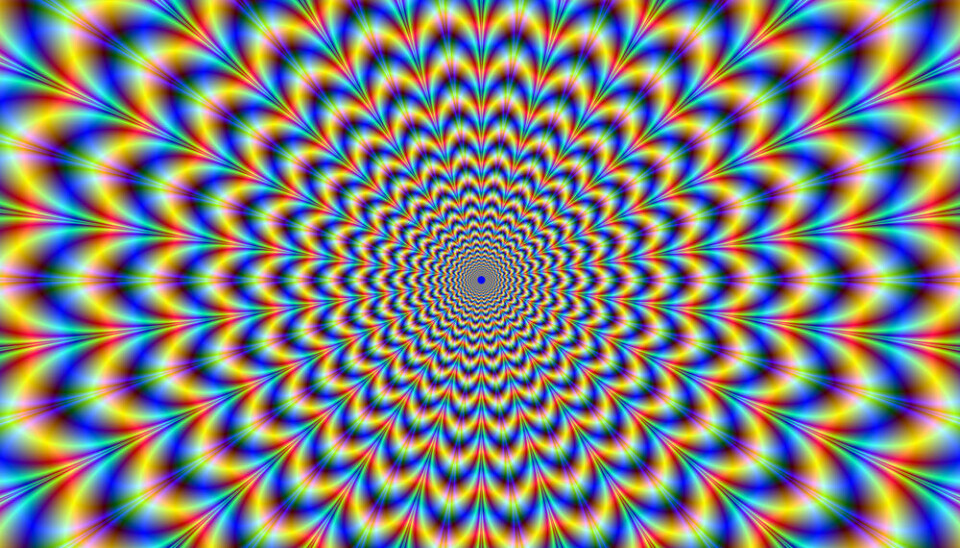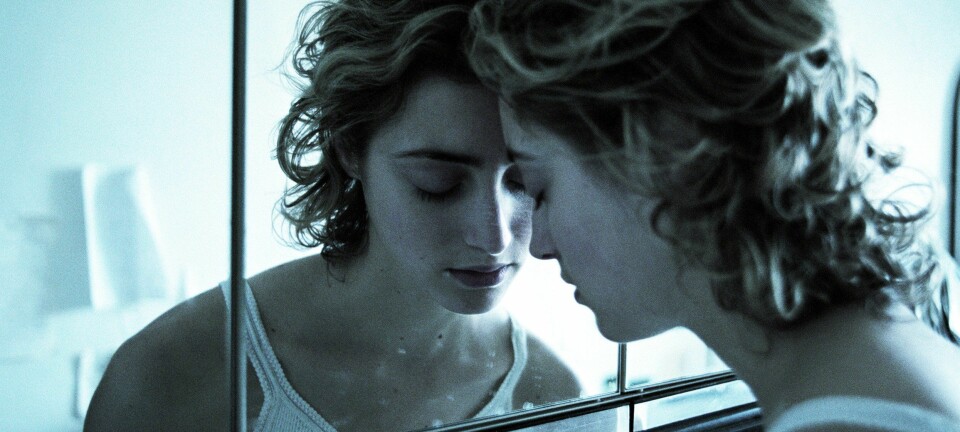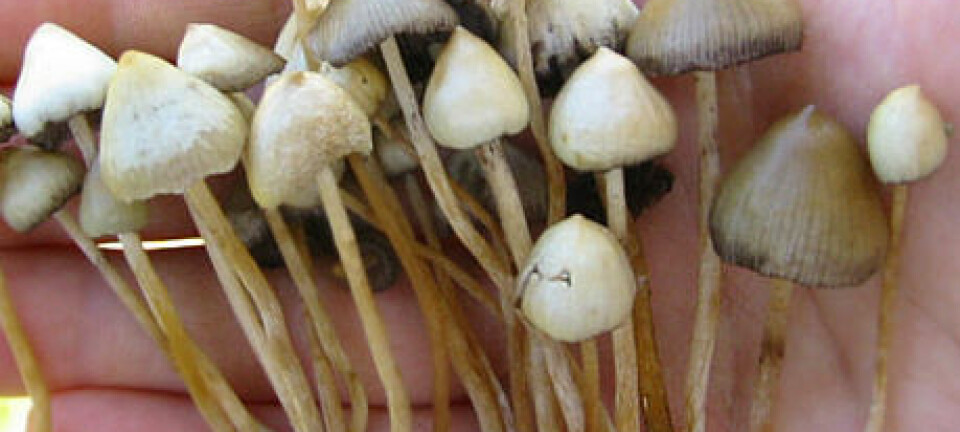
Psychedelic mushrooms' effect on the brain to be tested in new study
Participants in a new health study will take psilocybin to let scientists examine the effect of the psychedelic substance on the brain.
A group of Danish research subjects are about to make their brains available to science and take psychedelic substances in the name of research.The experiments are part of a new research project, which examines the effects of the psychedelic substance on the brain.
The scientists will also investigate whether psilocybin--a common psychedelic substance found in many species of mushrooms--can have a positive effect on mental disorders like depression.
"It looks like a promising project,” says Sebastian Leth-Petersen, a PhD student at the University of Copenhagen, Denmark, who studies the effect of drugs on the brain. He is not involved in the study himself.
“The drug is as safe as we’ve known it for thousands of years, so I can’t see any reason not to examine its ability to treat mental disorders," he says.
Psychedelic drugs for mental disorders
It is not the first time that psilocybin has been tested in humans. In 2011, it was part of a human trial to treat anxiety and depression in terminally ill cancer patients.
In the trial, the drug helped patients to cope with their fear of death and at the same time acted as an antidepressant.
Its effect on the brain of healthy young men has also been tested.
In these experiments, test participants' mood improved after the psychedelic experience and psilocybin actually reduced activity in regions of the brain associated with depression.
The scientists behind the new project are confident that psilocybin could be used to treat depression in the future.
"Depression is a terrible disease and we still can’t treat it very well. There are too many people who don’t receive any help, and we need to find some better treatments,” says Gitte Moos Knudsen, professor of neuroscience at Rigshospitalet, Copenhagen.
More research into psilocybin is needed
Leth-Petersen points out that although psilocybin has been tested many times, there is still a need for more research.
"Before we can say anything definitive about how a drug works, it must be tested on thousands of people and in different populations. Just because it works for some patients in one country, doesn’t mean that it works elsewhere," he says.
Experiments are completely harmless
Whilst psilocybin mushrooms are illegal in Denmark, the trial participants need not be afraid of unpleasant effects when the trial kicks off next spring, says Leth-Petersen.
He points out that the substance has already been tested in hundreds of people in clinical trials, with no harmful side effects.
Knudsen agrees, and sees no reason for concern.
"There is always a certain scepticism about the chemistry that affects the brain. But it's a pretty well-tested drug--non-toxic with no abuse potential,” says Knudsen.
“In fact there is nothing to be concerned about, but it would be great if we can learn something and help some people, and that's what the goal is," she says.
--------------------------
Read the Danish version of this article on Videnskab.dk
Translated by: Catherine Jex











